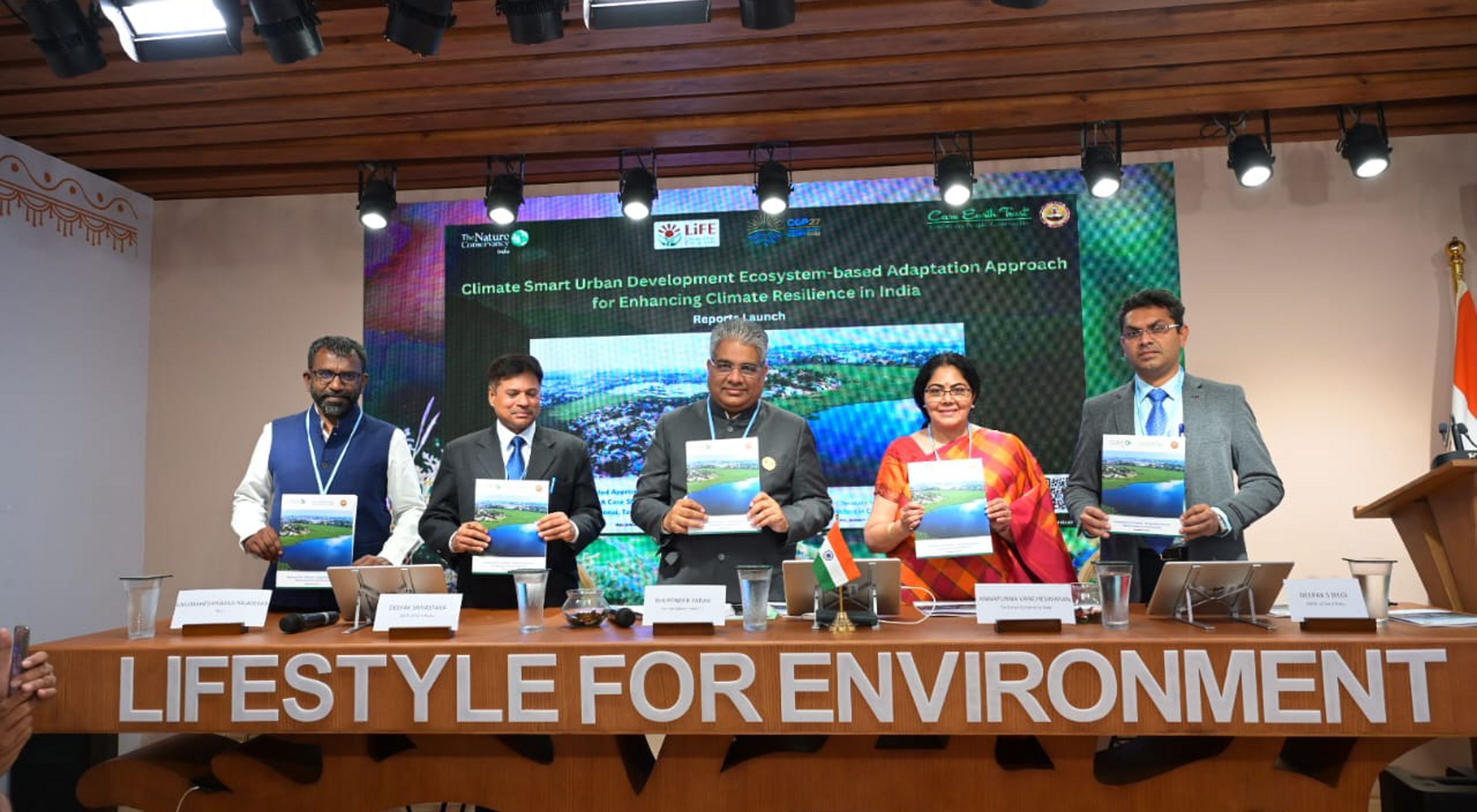TNC India Advocates for Ecosystem-based Adaptation (EbA) at the 27th Conference of Parties (CoP27)
Hosted a discussion on climate smart urban development and use of ecosystem-based adaptation to meet climate goals.
The Nature Conservancy India hosted an event at the 27th Conference of Parties (CoP27), India Pavilion that had discussions on "Climate Smart Urban Development: An Ecosystem-based Adaptation (EbA) for Enhancing Climate Resilience in India.”
The event witnessed the launch of two reports, one on “An integrated approach for urban wetland restoration – A case study of Sembakkam Lake, Chennai, Tamil Nadu” and the other on “Greenprint for Chennai – Integrating natural infrastructure for city planning”.
Shri. Bhupender Yadav, Hon’ble Minister, Ministry of Environment, Forests & Climate Change, Government of India said, “With increased urbanization exacerbating the effects of climate change, it’s pertinent that we integrate natural infrastructure in our city’s masterplan for climate adaptation. The greenprint being developed by The Nature Conservancy India and Chennai Metropolitan Development Authority is a noteworthy example that aligns with this objective and informs adaptation needs for a rapidly growing Chennai city. I am proud that this work is being showcased at the India pavilion of COP27 and echoes India’s vision of Lifestyle for Environment.”
Ecosystem-based Adaptation (EbA) is conservation, restoration, and improved land management actions that increase carbon storage or avoid greenhouse gas emissions in landscapes and wetlands across the globe. Combined with innovations in clean energy and other efforts to decarbonize the world’s economies, EbA offers some of our best options in the response to climate change.
We have years, not decades, to address the interconnected crises of climate change and biodiversity loss. What we do between now and 2030 will determine whether we slow warming to 1.5 degrees Celsius—the level scientists agree will avoid the worst impacts of climate change.
Dr. Annapurna Vancheswaran, Managing Director, The Nature Conservancy India said, “Our lake restoration work is a classic example of Ecosystem-based Adaptation, a type of nature-based solution to climate change. Fortunately, research led by The Nature Conservancy and other institutions, demonstrates that nature-based solutions can deliver up to a third of the emission reductions we need by 2030”.
After CoP27, we are taking these conversations to the G20 Summit when India will hold Presidency and take action to scale and more importantly meet the ambitious climate goals set by the Hon’ble Prime Minister of India, Shri. Narendra Modi at CoP26 last year.
The report launch that was followed by a discussion had the following speakers:
Deepak Srivastava (IFS), Additional Principal Chief Conservator & Member Secretary, Tamil Nadu State Wetlands Authority, Chennai, Deepak S Bilgi (IFS), Director, Department of Environment & Climate Change, Government of Tamil Nadu, Ummaheshwaran Rajasekar, Chair Urban Resilience - Global Resilience Cities Network, National Institute of Urban Affairs and Joe Kiesecker, Lead Scientist, Land & Water, The Nature Conservancy.
TNC India Reports Launched at CoP27
Glimpses from CoP27 in Egypt
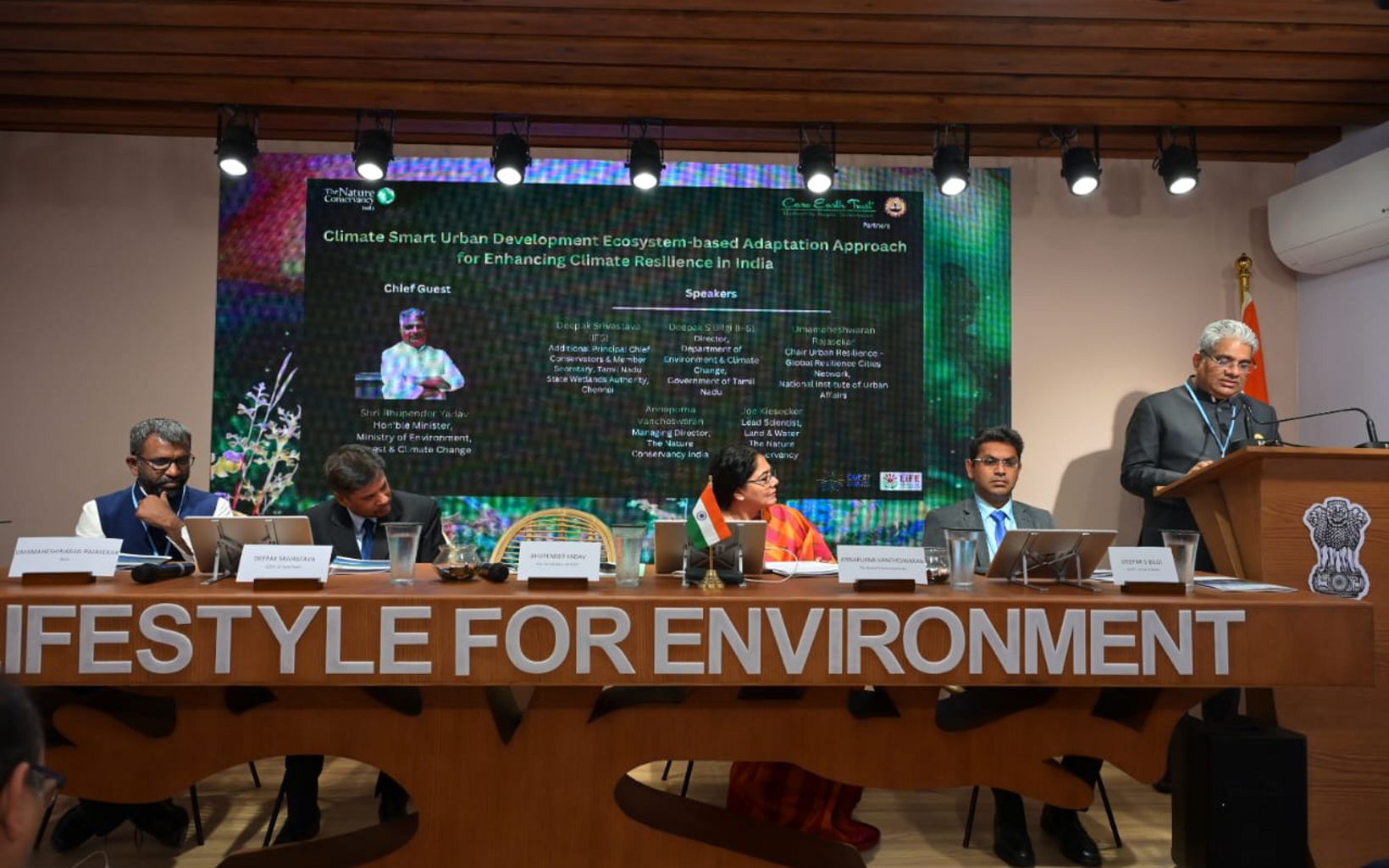
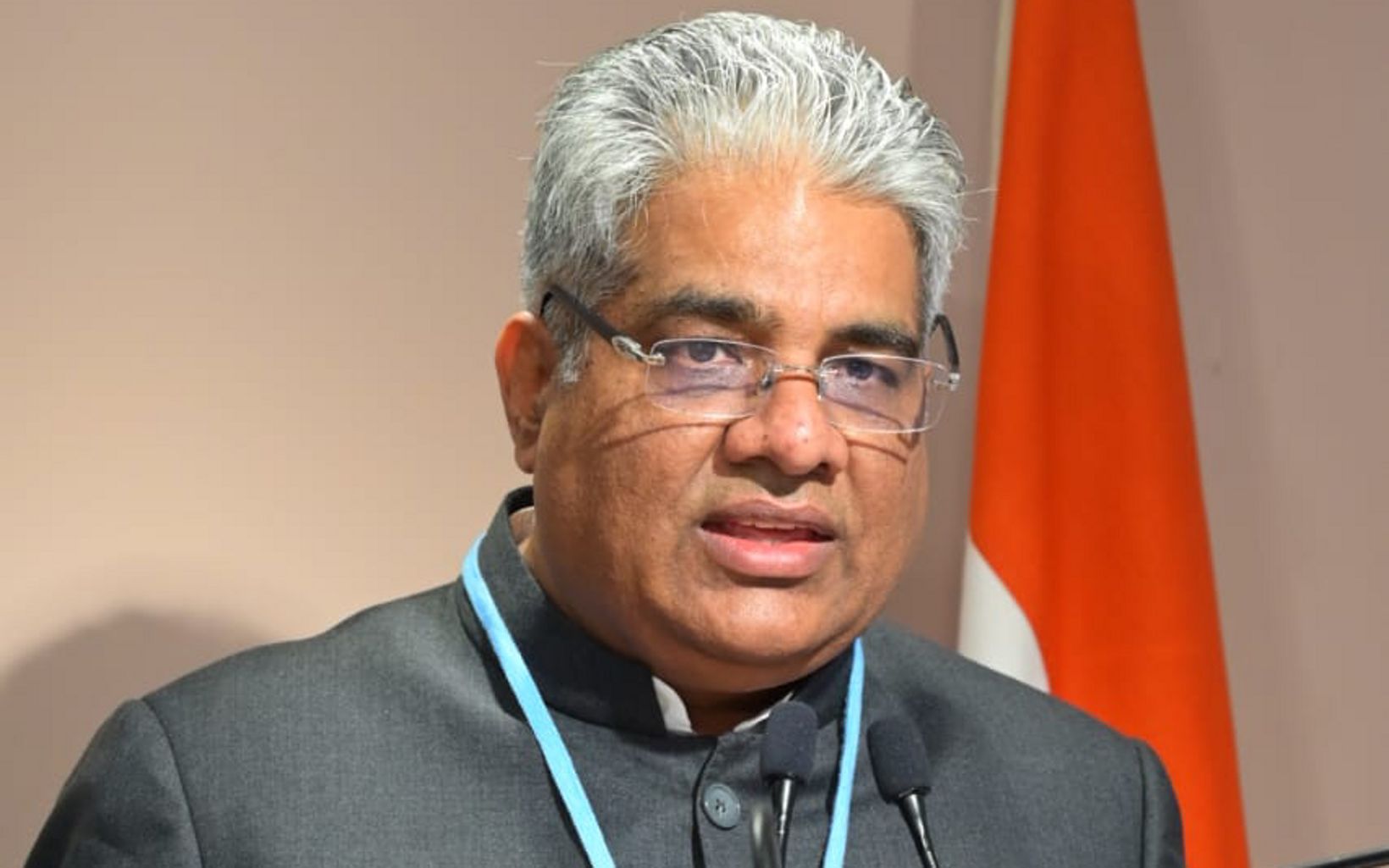
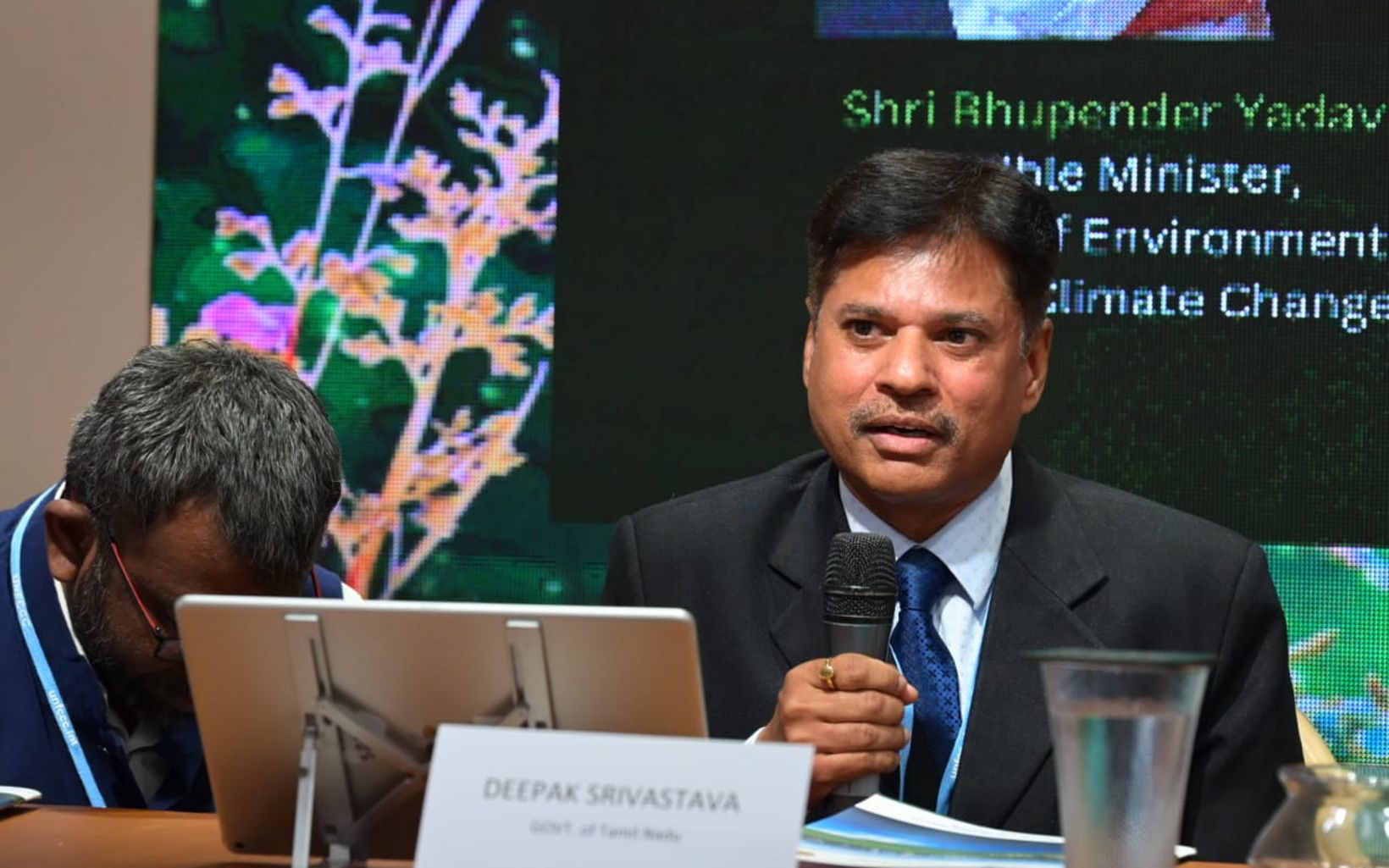
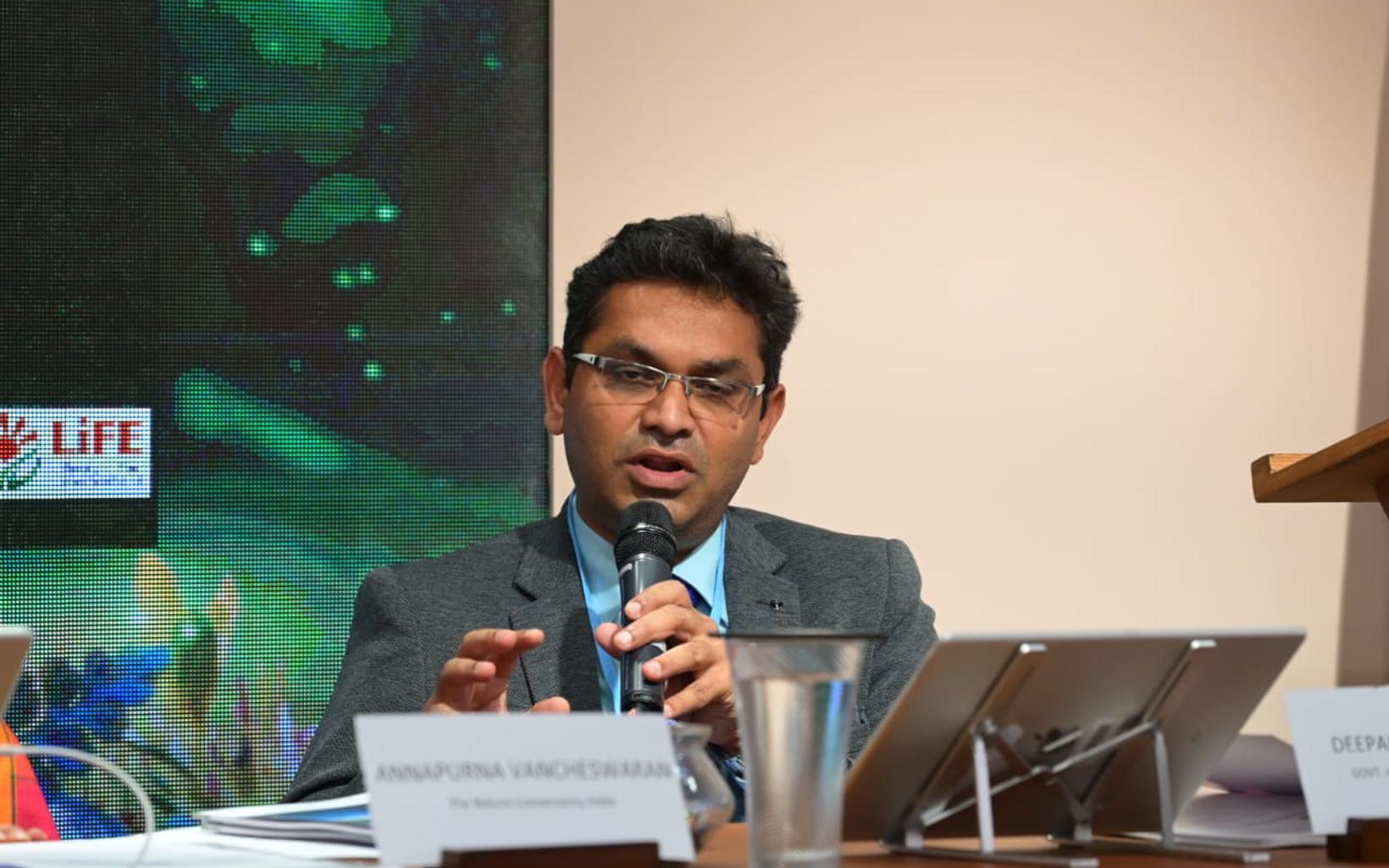
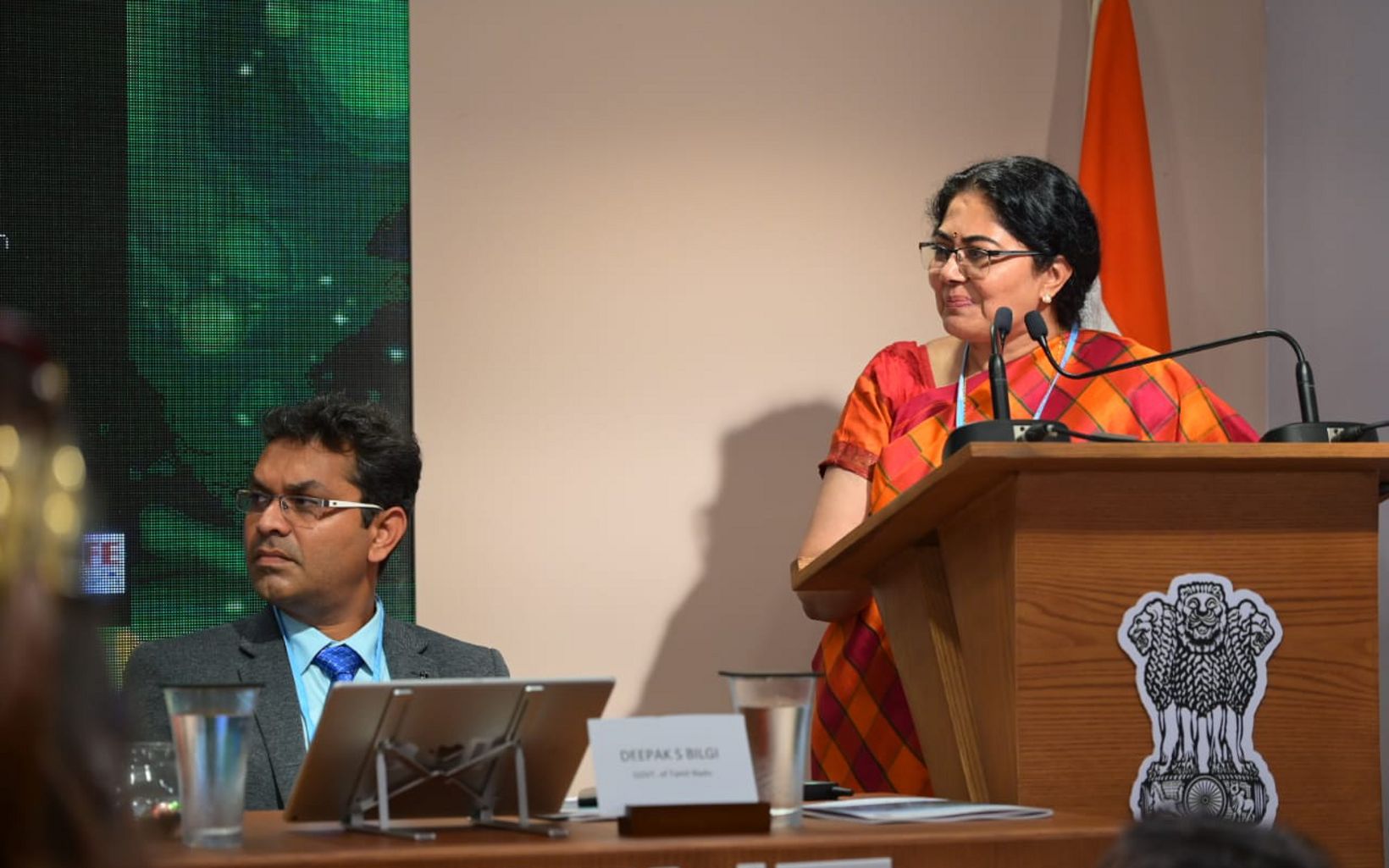
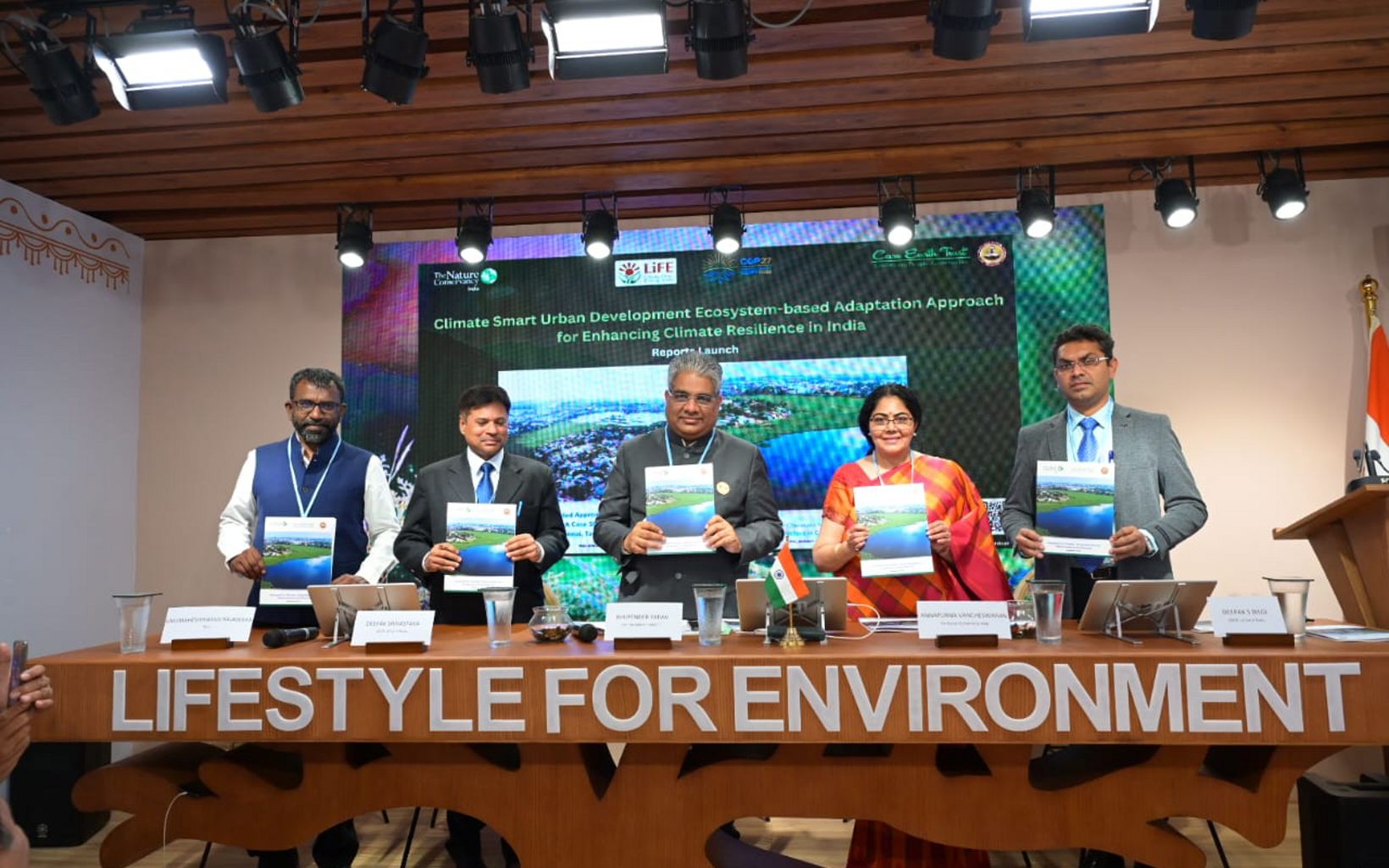
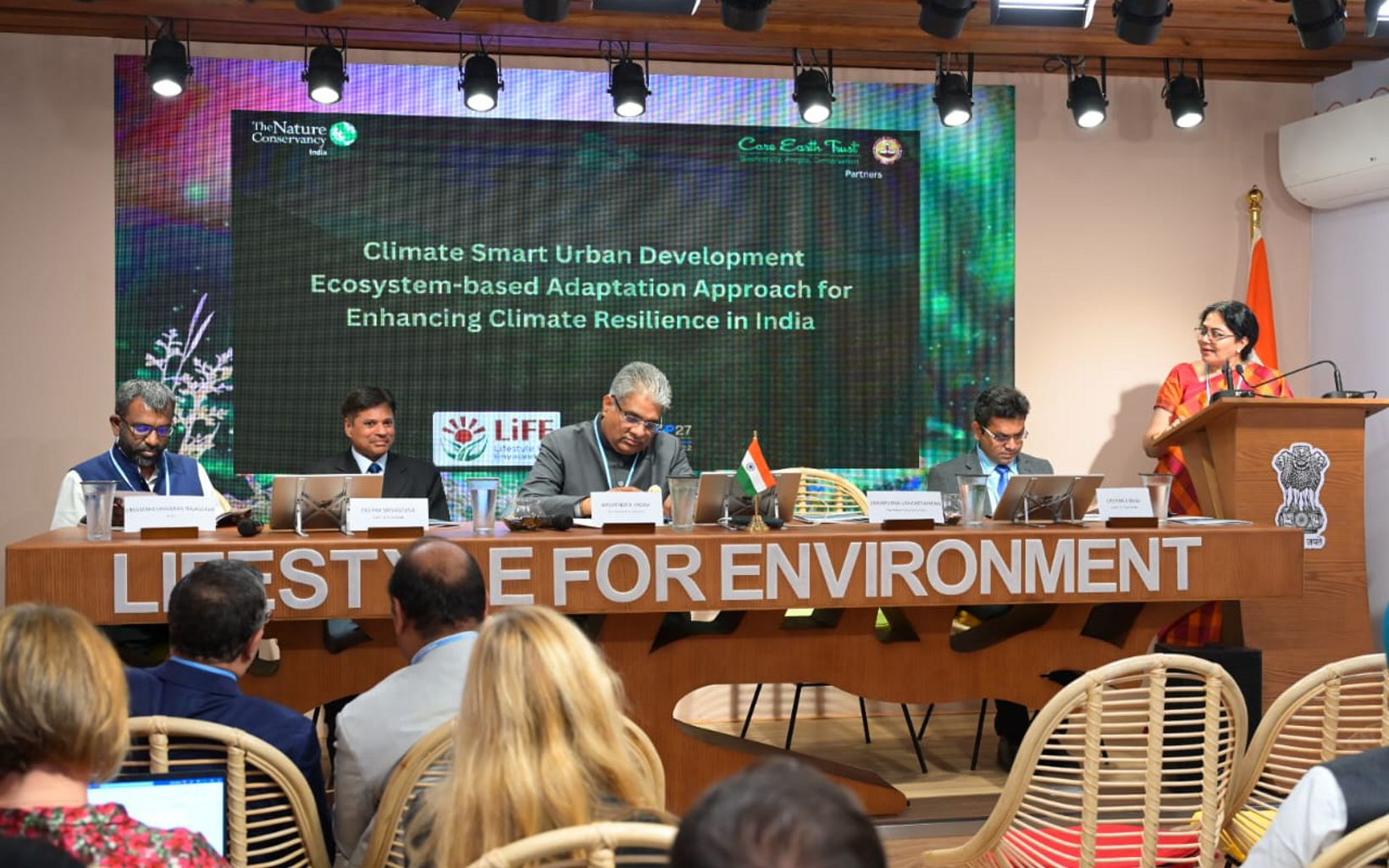

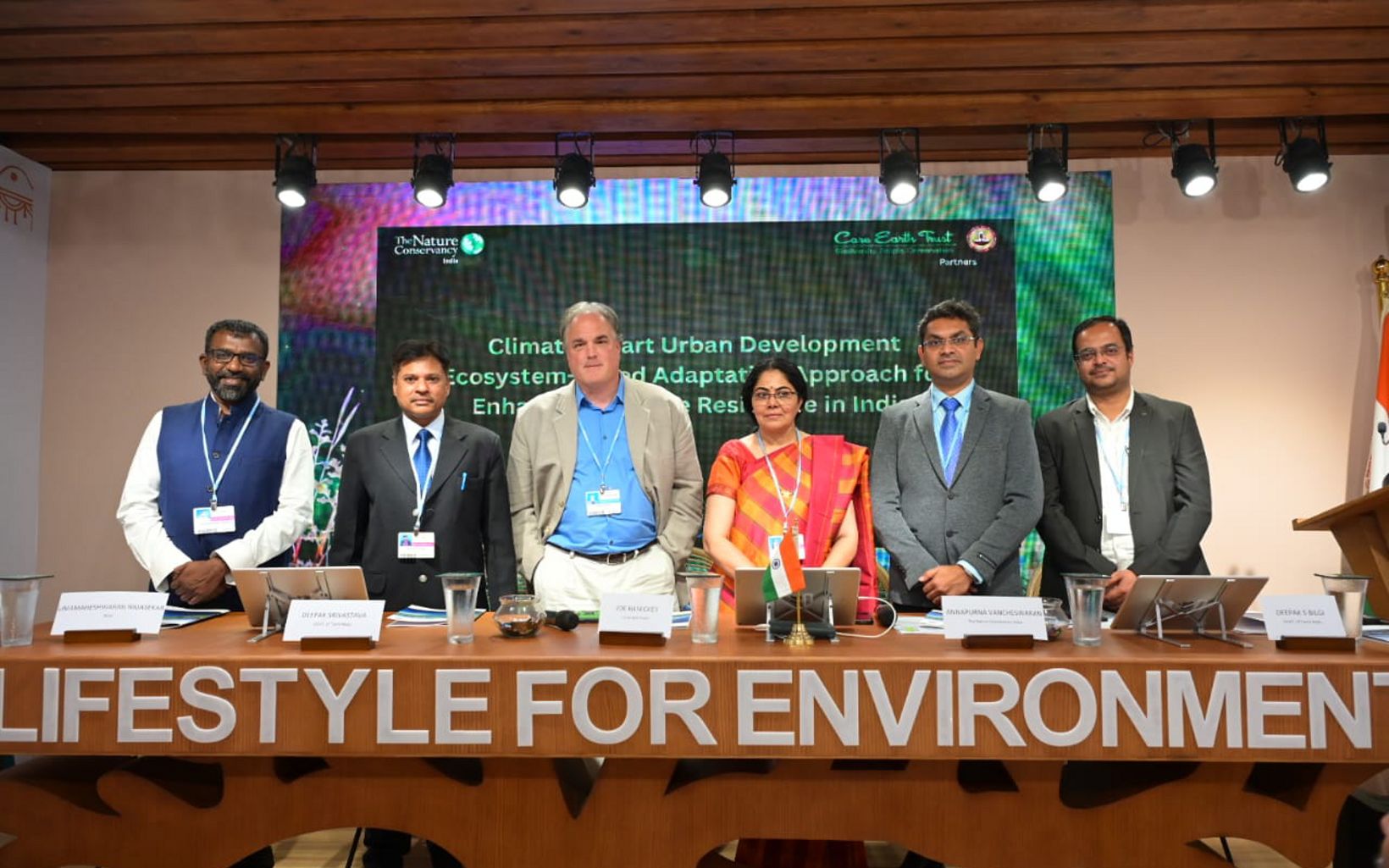









About The Nature Conservancy (TNC)
TNC is the leading conservation organization working to make a positive impact around the world in more than 76 countries and territories. Founded in 1951, the mission of The Nature Conservancy is to conserve the lands and waters on which all life depends.
As a science-based non-profit, The Nature Conservancy in India has been advancing projects since 2017 to support India’s efforts to develop win-win solutions for people and nature. TNC - India works closely with the Indian government, research institutions, NGOs, private sector organizations, and local communities to develop science-based, on-the-ground, scalable solutions for securing food, water, and clean air.
Our priorities in India include Providing Food and Water Sustainably, Building Healthy Cities, Protecting Land and Water, Supporting Renewable Energy, and Tackling Climate Change.
For more information contact indiapr@tnc.org
